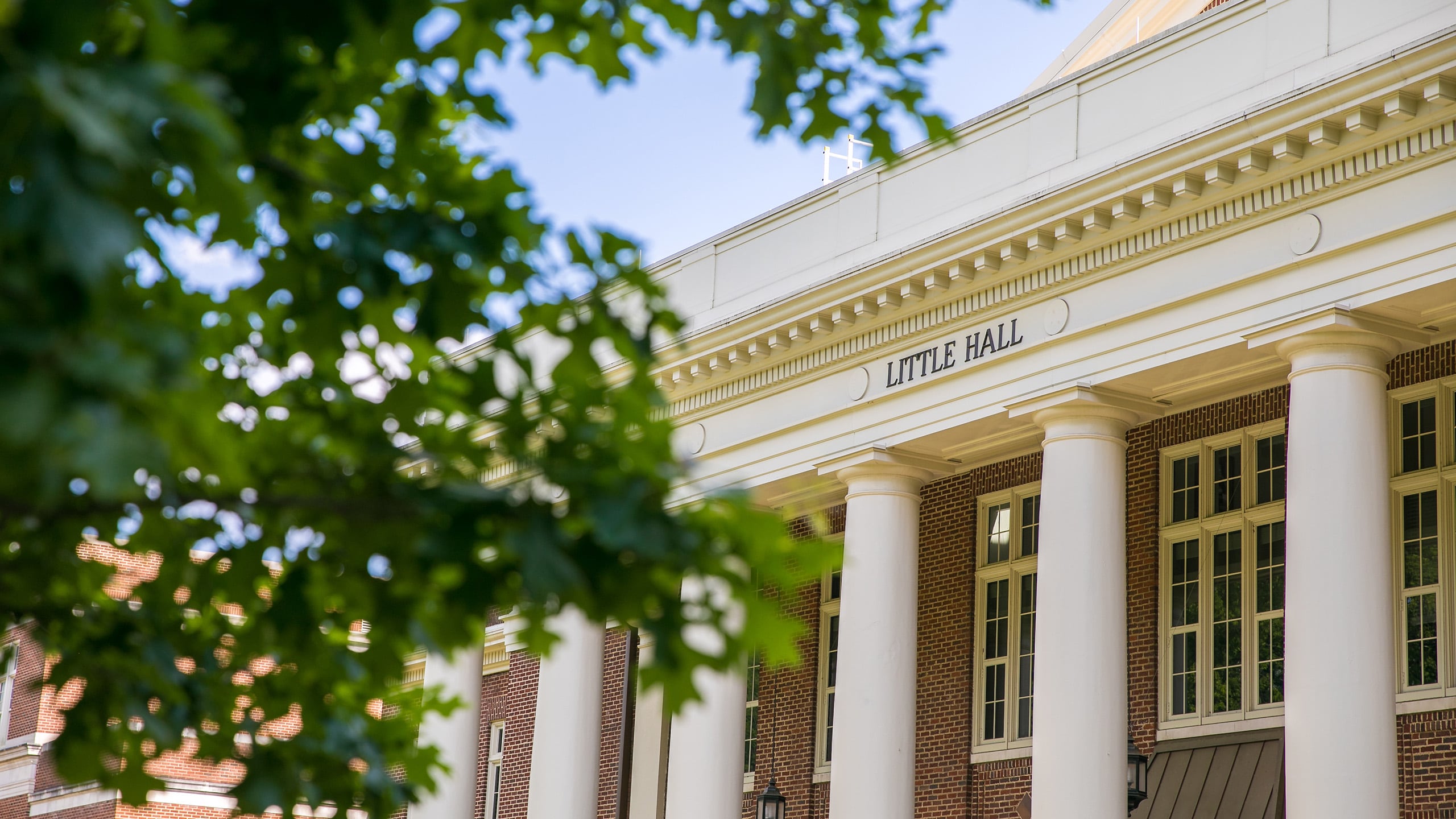When the COVID-19 pandemic shut down campus in spring 2020, the needs of students were magnified, and their circumstances exacerbated.
Students were sent home from both campus and field placements. There was uncertainty over how they would complete coursework or even graduate. Some students lost loved ones. Others lost jobs.
While the School of Social Work was equipped to reach its students and provide immediate interventions if needed, it became evident that “at-risk” students – first generation, students of color, and low-income students were in crisis.
Kimora Bell, a first-generation student from Birmingham, was one of those students. Though her tuition was covered by a scholarship, she faced mounting bills she couldn’t pay since she was unable to work due to the pandemic.
“When things shut down, I had to pay rent,” Bell said. “I needed gas for my car and food. Things I used to cover myself.”
In just a week, Bell would get the immediate relief she needed through the The Dr. and Mrs. Harold D. Shambley Endowed Scholarship. The process, Bell said, was seamless.
“My advisor, Dr. Amy Traylor, asked me, ‘What do you need?’” Bell said. “I told her and she said she would find me help. Then, I got an email about the scholarship.”
Bell’s experience was just one of many examples of the School of Social Work lessening the barriers for students to not only stay enrolled and complete their coursework, but to simply remain on their feet. For instance, the Board of Friends and the Social Work Society contributed more than $10,000 to COVID-19 support for students.
“Joyce and I both came from struggling working-class families, and we both will always be social workers in our hearts,” Harold Shambley said. “Social work is a ministry, and having retired from careers we love, we want to help others.”
As the school projects barriers students will face in the future, it’s vitally important that we are equipped to meet immediate needs, like food, clothing and gas, and to support academic needs, such as textbook scholarships and summer stipends for graduate students. The unwavering support of our alumni and donors can help empower social work students and increase educational access for more, which will increase the impact of our school and our students on the communities around us. “I was very surprised when I got the Shambley Scholarship,” Bell said. “But in a way, it’s not unexpected. Before I changed my major, I was in one social work class before I’d made four or five personal connections with professors. They take you in, support you, and try to make sure you get the experiences you need to be a great social worker.”

